Description
Latin Name : Amaranthus
The plant, which belongs to the same family as celery, quinoa, beets and spinach, produces thousands of tiny seeds (up to 60,000) that make up this pseudo-grain. It is constantly gaining in popularity and is entering more and more kitchens due to its exceptional nutritional value.This ancient grain is rich in fibers and nutrients that are proper for a healthy diet.
– Amaranth is packed with manganese, exceeding your daily nutrient needs in just one serving, which is especially important for brain function and believed to protect against certain neurological conditions.
– It’s also rich in magnesium, an essential nutrient involved in nearly 300 reactions in the body, including DNA synthesis and muscle contraction .
– What’s more, amaranth is high in phosphorus, a mineral that is important for bone health. It’s also rich in iron, which helps your body produce blood.
– Amaranth may help reduce levels of total and “bad” LDL cholesterol. Also, amaranth is high in protein and fiber, both of which may help reduce appetite and increase weight loss.
- For cooking, combine water with amaranth in a 3:1 ratio. Heat it until it reaches a boil, then reduce the heat and let it simmer for about 20 minutes, until the water is absorbed.
- As a healthy cereal. Boil it with milk and serve with fruits and nuts.
- As a delicious snack just like popcorn. You can add it in this form over salads and soups. It can also be mixed with honey, dried fruits and nuts to make breakfast energy bars.
- As flour. Amaranth flour can be used to make pasta and bread.
- As a rice substitute.
Before cooking amaranth, you can sprout it by soaking it in water and then allowing the grains to germinate for one to three days. Sprouting makes grains easier to digest and breaks down antinutrients, which can impair mineral absorption .
The seed of amaranth are likely safe when used properly.However it is very important not to consume it raw as its natural ingredients how nitrates for example can act against its nutrients. So by boiling the amaranth and preparing it properly for consumption, you get all its nutritional benefits.
In any case you should consult with your healthcare doctor before using it especially if you’re taking other medications or having health problems.





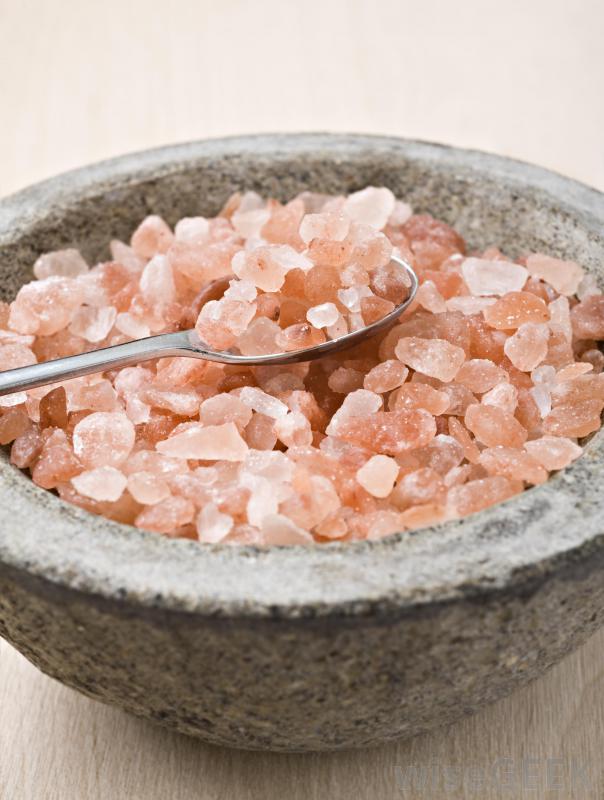
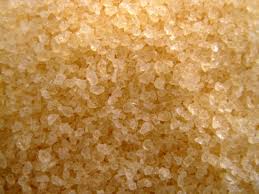

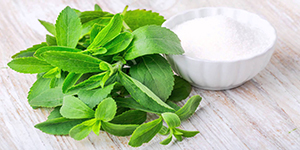

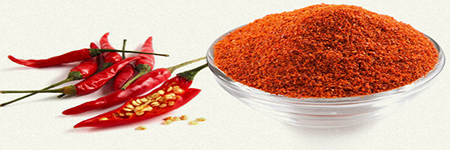
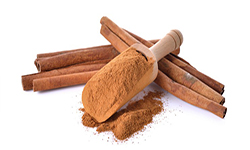








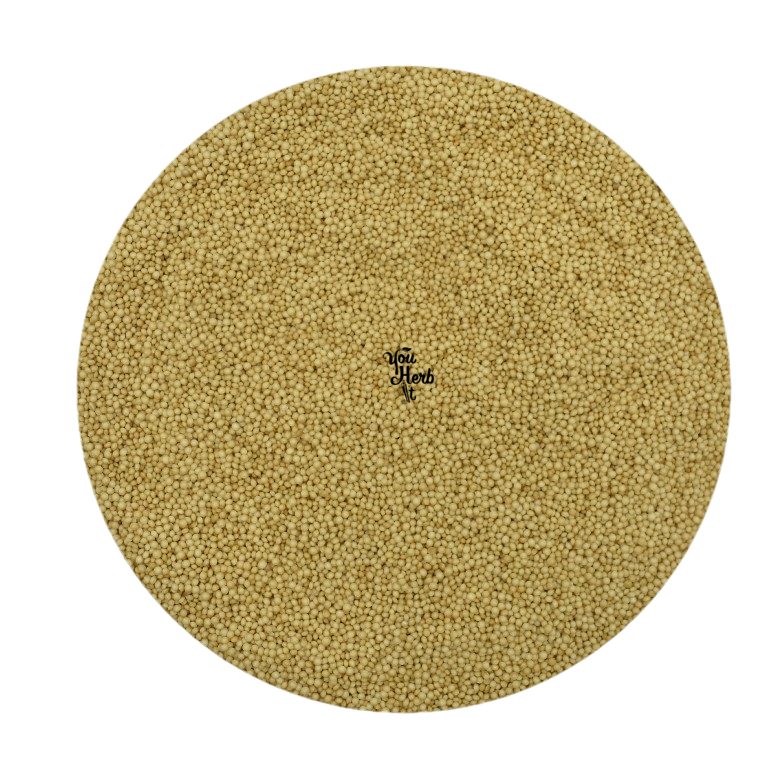
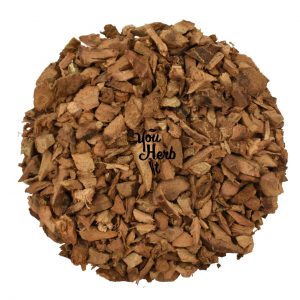
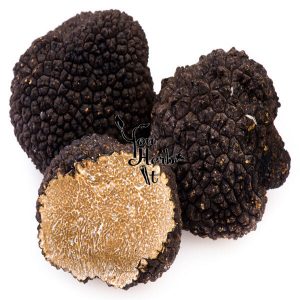

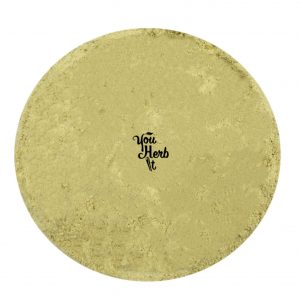
Reviews
There are no reviews yet.